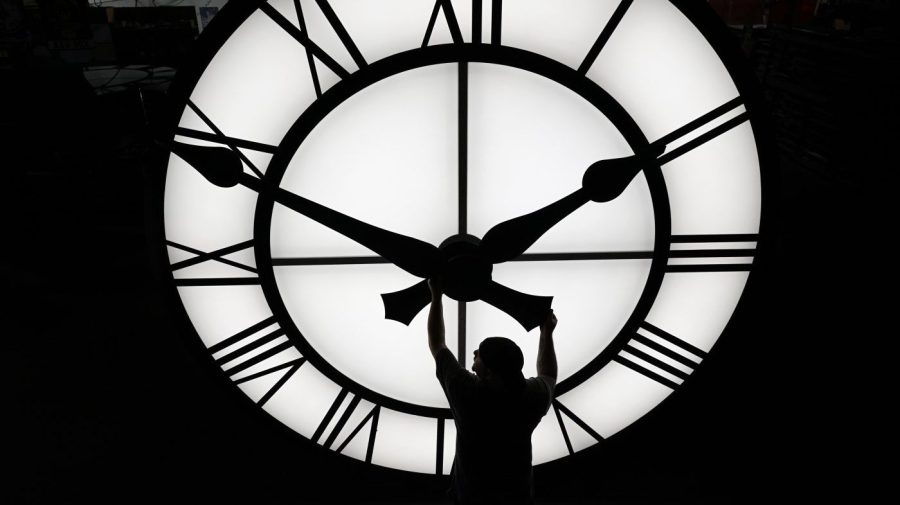(NEXSTAR) — If you’re reading this outside of two specific states, the digital clocks in your home have likely fallen back an hour (though maybe you didn’t even notice). Daylight saving time officially came to an end at 2 a.m., kickstarting our multimonth observance of standard time.
The U.S. has long maintained a contentious relationship with the biannual practice of changing the clocks, but despite the efforts of state and federal lawmakers this year, we’re back at it again.
Since the second Sunday of March, we’ve been enjoying daylight saving time and its later sunrises and sunsets, potentially to the detriment of our health. For the next roughly four months, we will experience standard time and its earlier sunrises and sunsets.
However, many of those aforementioned legal efforts targeting the seasonal time change are aimed at locking the clocks on permanent daylight saving time — 10 states already have laws on the books to do just that, if given the chance.
Let’s say we observed daylight saving time year-round, and our clocks didn’t fall back at 2 a.m. Sunday. The most apparent impact it would have on your life is how your days — specifically sunrise and sunset — would look.
For this example, let’s also say that you live in Chicago. On Saturday, Nov. 1, the sun rose around 7:23 a.m. and set around 5:44 p.m. With daylight saving time ending on Sunday, Nov. 2, the sun rose instead at 6:25 a.m. and will set shortly before 4:45 p.m. Under standard time, we see the sun rise earlier and set earlier, meaning you may commute to work with more daylight but return home under darkness.
Over the next few weeks in Chicago, the sun will slowly rise later, reaching its latest point in early January at 7:18 a.m. Meanwhile, sunsets will happen earlier and earlier until the trend reverses in early to mid-December when it hits 4:19 p.m. These trends will, of course, continue until daylight saving starts again in March.
If we ditched changing the clocks, however, the sun would rise much later — reaching a mark of 8:18 a.m. in January instead of 7:18 a.m. — and set much later — instead of 4:19 p.m., the earliest sunset would be 5:19 p.m.
The table below shows the latest sunrises and earliest sunsets multiple U.S. cities will see while we observe standard time as well as what those times would be if we stayed on daylight saving time all year.
The research — and history — are stacked against permanent daylight saving time, however. So let’s say standard time became the year-round time (Hawaii and much of Arizona already do this).
Our winters would look the same. Our summers, however, would look much different.
We’ll consider summer in Chicago, for example. There, under daylight saving time, the earliest sunrise is 5:15 a.m. in June while the latest sunset is 8:30 p.m. in the same month.
If standard time became permanent, the sun would rise at an eye-opening 4:15 a.m. in Chicago for part of the summer and set no later than 7:30 p.m.
In other parts of the country, sunrises would be even closer to 4 a.m., while the earliest sunsets would happen well before 8 p.m. The table below shows the earliest sunrises and latest sunsets in summer across multiple cities, as well as what those times would be if we observed permanent standard time.
For now, the only thing changing is the clocks. And, unless Congress acts quickly (a recent effort was thwarted), they will change again on Sunday, March 8.
The post Daylight saving time ends: What if our clocks didn’t fall back? appeared first on WHNT.




